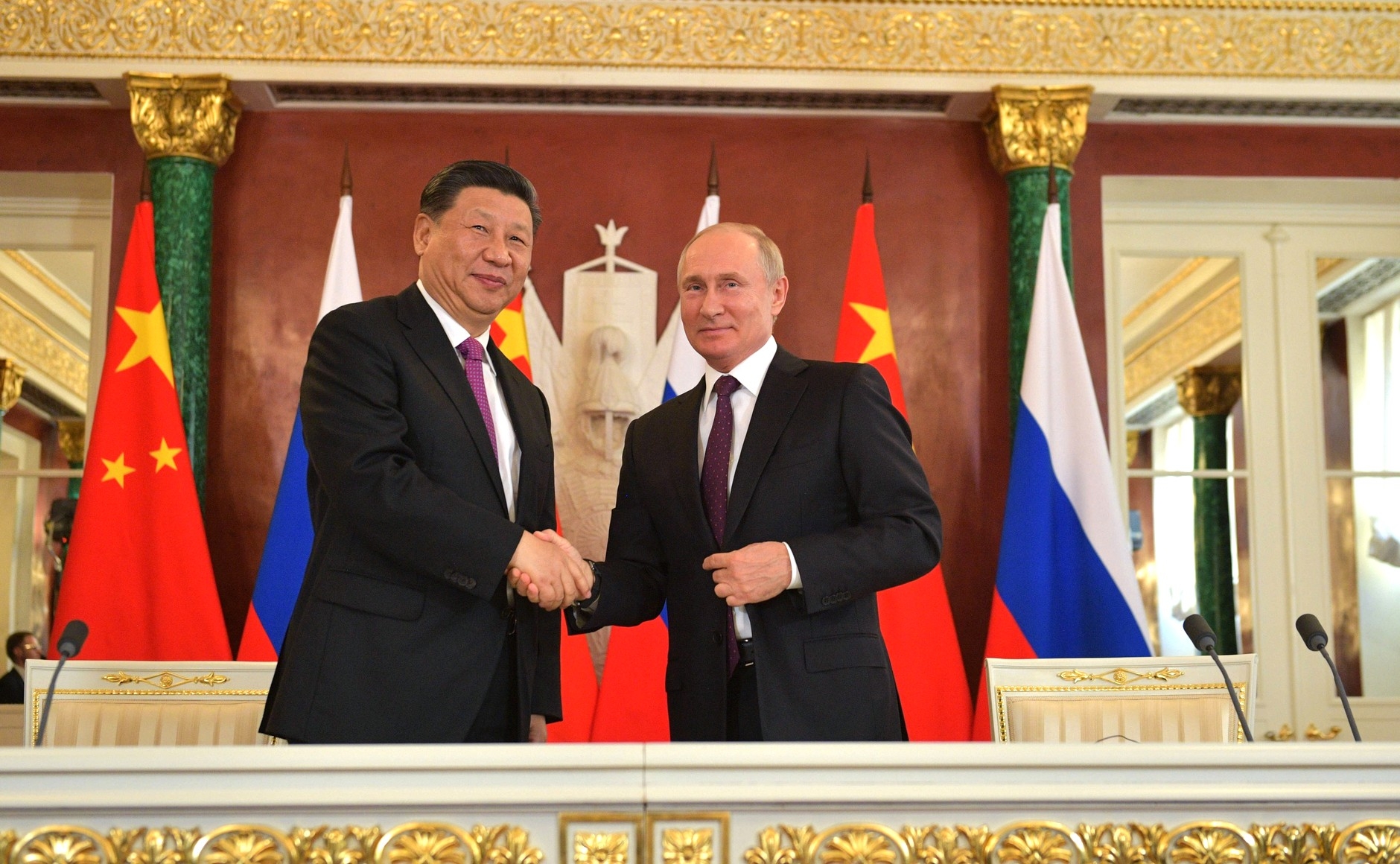"Putin's apparent indifference towards Western warnings is understandable. He has been hearing the same empty promises of decisive action, typically accompanied by expressions of grave concern, ever since the Russian invasion of Georgia in 2008.... Putin's recent list of security demands makes clear that he seeks to reassert Russian domination throughout the post-Soviet space. This will enhance Russia's claims to superpower status while exposing the inability of the Western powers to keep their promises. " — Tinatin Khidasheli, former defense minister of Georgia.
"For Beijing, success would translate into a commanding strategic position in Asia, undermining the security of Japan and South Korea, and allowing China to project power into the Western Pacific.... For the American alliance, a Chinese takeover of Taiwan would be a devastating blow. At a stroke, the United States would lose its status as the pre-eminent power in Asia, according to most U.S. and regional military experts. If America were unwilling or unable to defend Taiwan, its network of allies in the Asia-Pacific — including Tokyo, Seoul and Canberra — would overnight be far more vulnerable to military and economic coercion from China." — David Lague and Maryanne Murray, "The Battle for Taiwan," Reuters.
"Vladimir Putin has invaded two democratic neighbors in just over a decade. Letting him do it a third time would set the global system back decades. Appeasement does not work any better now than it worked for Neville Chamberlain in the late 1930s. China will be watching U.S. support to Ukraine, and it will inform their calculus regarding Taiwan." Retired U.S. Navy Admiral James Stavridis, the former supreme allied commander at NATO, in an interview with the New York Times.
"I strongly urge President Biden not to make concessions at the expense of our strategic partner Ukraine in response to the Putin regime's provocative military buildup. This would not only fail to de-escalate tensions, it would also embolden Vladimir Putin and his fellow autocrats by demonstrating the United States will surrender in the face of saber-rattling. Particularly in the aftermath of the disastrous withdrawal from Afghanistan and the Nord Stream 2 capitulation, U.S. credibility from Kyiv to Taipei cannot withstand another blow of this nature." — U.S. Representative Mike McCaul of Texas, the ranking Republican on the House Foreign Affairs Committee.
"Ukraine and Taiwan both show how easily U.S. weakness — or even the mere perception of weakness — could unravel the strained networks and alliances that support the American world order and usher in a new era of global conflict and instability.... The Putins and Xis of the world are probing for those weaknesses, watching the results, and calculating their next move." —Michael Schuman.

Many observers agree that China is closely watching the U.S. response to Russia's activities in Ukraine, and that the challenges posed by Russia and China are a test of American credibility. A failure to deter Russia and China would deal a potentially crushing blow to the post-World War II liberal international order. Pictured: Chinese President Xi Jinping meets with Russian President Vladimir Putin in Moscow on June 5, 2019. (Image source: kremlin.ru)
As Russia continues its troop build-up along the border with Ukraine, China has markedly increased its military activity near Taiwan. The twin geopolitical flashpoints, separated by 8,000 kilometers (5,000 miles), are raising concerns that Russia and China could coordinate or conduct concurrent military offensives that the United States and its allies may find it difficult to stop.
A failure to deter Russia and China — deterrence, especially military pre-positioning near the area under threat, is the least costly way to avoid war — would deal a potentially crushing blow to the post-World War II liberal international order. That system, whose principles and norms — including adherence to the rule of law, respect for human rights and the promotion of liberal democracy, as well as preserving the sanctity of territorial sovereignty and existing boundaries — has regulated the conduct of international relations for nearly 80 years.
Continue Reading Article
No comments:
Post a Comment